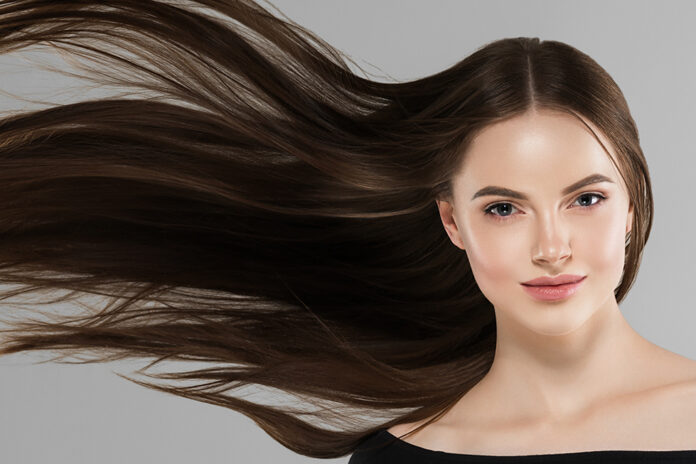
Are you struggling with hair thinning or excessive hair fall? It might be time to take a closer look at the ingredients in your hair care products. Many common shampoos, conditioners, and styling products contain chemicals that can strip your hair of its natural oils, irritate your scalp, and even contribute to hair loss over time. Knowing what to avoid is key to maintaining a healthy head of hair.
Here’s Viva Magonline’s list of the 10 harmful chemicals you should avoid if you’re concerned about hair thinning or damage:
1. Sodium Lauryl Sulfate (SLS) & Sodium Laureth Sulfate (SLES)
These two sulfates are common in shampoos because they create a rich lather, but they can be harsh on your scalp. They strip away your hair’s natural oils, leaving your scalp dry and irritated, which can lead to hair breakage and loss.
2. Parabens
Although fewer products have it, it is still out there – Parabens are used as preservatives to extend the shelf life of hair products, but they can disrupt your hormonal balance. Since parabens can mimic estrogen in the body, long-term exposure may interfere with your hair’s growth cycle, potentially leading to hair thinning.
3. Phthalates
Used to soften plastics and improve the texture of hair products, phthalates are known endocrine disruptors. They can affect hormone levels, which is a major factor when it comes to hair thinning, especially for women.
4. Formaldehyde
Formaldehyde can be found in some hair-smoothing treatments, like certain keratin treatments. While these treatments promise sleek hair, the long-term effects can be harmful. Formaldehyde is a known carcinogen and can cause scalp damage, weakening the hair follicles and leading to hair loss.
5. Isopropyl Alcohol
Isopropyl alcohol is often used in hair sprays, gels, and some conditioners to allow them to dry faster. However, it’s a drying agent that can strip moisture from both your hair and scalp, making your strands brittle and prone to breakage.
6. Polyethylene Glycol (PEG)
This ingredient is used to thicken hair care products, but it can have the opposite effect on your hair. PEG can rob your scalp of moisture, leading to dryness, irritation, and ultimately, hair thinning as the scalp becomes unhealthy.
7. Diethanolamine (DEA) & Triethanolamine (TEA)
DEA and TEA are used to create foam in shampoos and other personal care products, but they can irritate the scalp. Over time, they weaken hair follicles, which may lead to increased hair breakage and thinning.
8. Silicones
Silicones, found in many conditioners and serums, give your hair that smooth, shiny finish, but there’s a downside. They can build up on the hair shaft, preventing moisture from penetrating your hair. This leads to dryness, breakage, and eventual hair loss as your hair weakens over time.
9. Synthetic Fragrances
Synthetic fragrances are used to make hair products smell great, but they often contain a mix of various chemicals that can irritate your scalp. For sensitive individuals, this irritation can lead to scalp inflammation, weakening the hair follicles and contributing to hair loss.
10. Propylene Glycol
Commonly used as a humectant to retain moisture in hair products, propylene glycol can cause scalp irritation and dryness in sensitive individuals. This irritation can weaken the hair follicles, making hair more prone to falling out.
Now that you know what to avoid, here’s how you can make better choices for your hair:
Read Labels: Always check the ingredient list of your hair care products. Avoid anything that contains sulfates, parabens, or other harmful chemicals mentioned above.
Focus on Nourishing Ingredients: Seek out hair care products with ingredients that hydrate, strengthen, and nourish your scalp and hair. Key ingredients to look for include:
Argan oil: Known for its moisturizing and repairing properties.
Aloe vera: Soothes the scalp and promotes hair growth.
Biotin: Supports hair strength and growth.
Consult a Dermatologist or Trichologist: If you’re dealing with significant hair loss, it’s always a good idea to consult with a professional. They can help you identify the root cause of your hair loss and recommend the best course of treatment.

